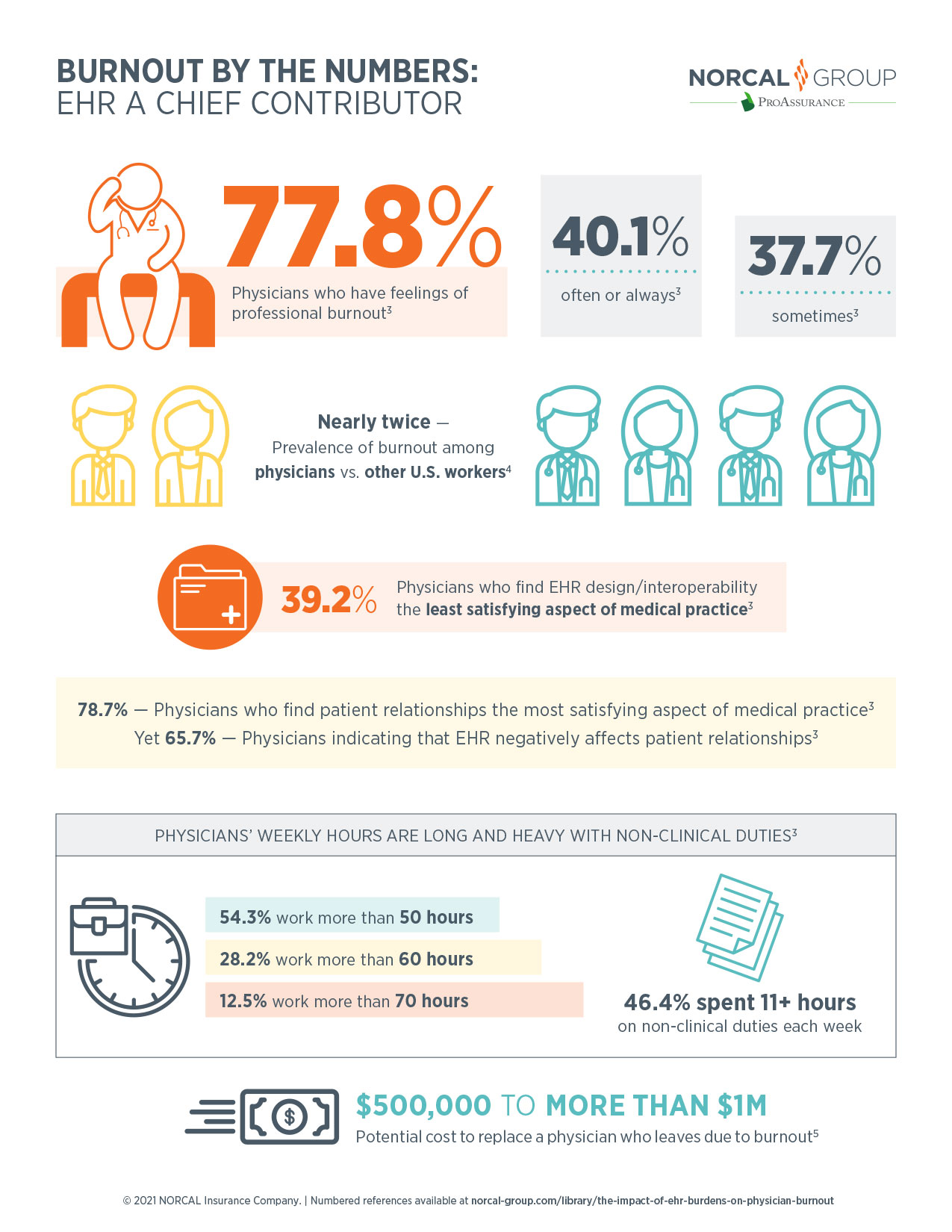Healthcare organizations are increasingly recognizing the importance of engaging physicians and other clinicians in their leadership teams, and this engagement will become even more important as the healthcare environment becomes more challenging. However, leadership responsibilities can contribute to stress and physician burnout when physicians and other clinicians don’t have the leadership skills needed to work collaboratively with their peers or when organizations lack a collaborative culture.
Learn More »A medical malpractice lawsuit can be overwhelming, affecting physicians and other clinicians both personally and professionally. Even before the resolution of the lawsuit, the stress from the litigation process can impact their practice and potentially their family, and may even diminish the prospects of a successful outcome to their case. Although 34 percent of physicians have been named in a malpractice claim, a lawsuit is still personal and is a contributing factor to physician burnout.
Learn More »Achieving work-life balance can be particularly challenging for physicians, who often devote far more than 40 hours per week to work-related activities. This imbalance often leads to physician burnout. With the support of administrators, physicians and other clinicians can maintain balance between work and non-work activities by using deliberate planning and by setting realistic expectations.
Learn More »Physician burnout is associated with two-fold increased odds for unsafe care, unprofessional behaviors, and low patient satisfaction1 and that electronic health records (EHR) are a leading factor in physician burnout2.
Learn More »




